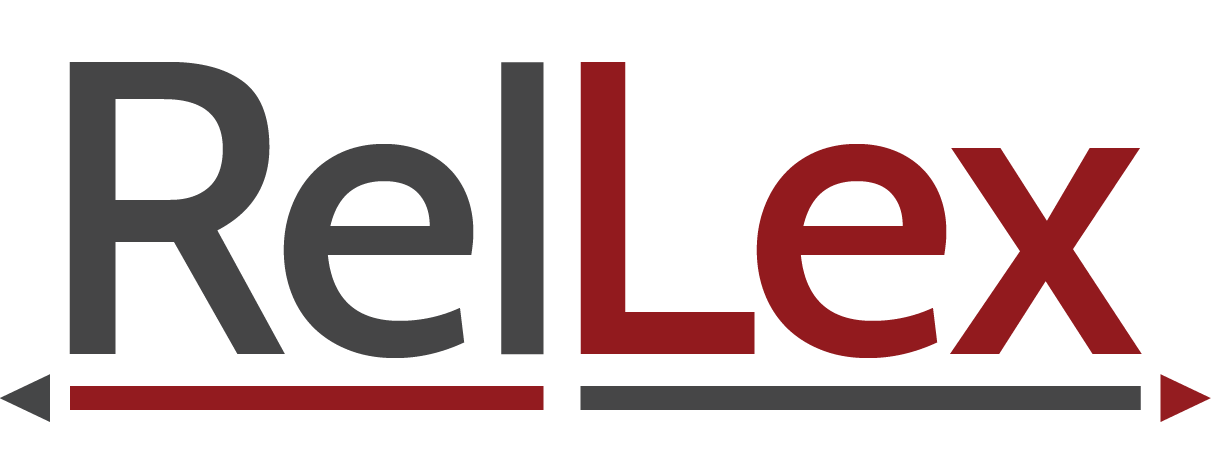The Technologies Knowledgebase
The Technologies Knowledgebase offers a filterable catalogue of software and digital tools that we identify as being useful for lexicography work. Our focus is on software and online platforms exclusively designed for lexicography—although we include some technologies which are not exclusive to lexicography but have been effectively used to display or disseminate language data. A list of technologies often used in lexicography projects, but which are not solely designed for dictionary creation can be found on the Related Technologies page.
The lexicography technologies that are included in this resource were referred to in responses to a survey of community based lexicography projects which our project hosted, mentioned in literature on dictionaries that we scoped in our literature review, or come from our own dictionary work.
We designed this resource to assist those engaged in community-based dictionary projects to identify technologies best suited to their goals and work.
We recommend this ‘Check Before You Tech’ guide from the First Peoples’ Cultural Council for a checklist of questions to ask before choosing “language apps and software as part of your plan to reclaim, revitalize and maintain your Indigenous language”.
The Technologies Knowlegdebase uses filters to make it easier to find relevant information. A list of the filters and explanations of the categories we use is offered below.
Cost – is used to identify how much the software or digital tool costs to use. The categories are free, paid, and free trial (used with paid to identify paid softwares which allow users a limited free trial before purchasing).
Tool Type and Final Output – is used to categorize what kinds of dictionaries specific digital tools are designed to create. The categories are: dictionary database, language games, mobile app, other/companion tool, and website. These categories refer only to tools which have a built-in capacity to output in these formats either without additional software, or when the use of additional software is built into the developer guides. Many of the tools included here can be used to create kinds of dictionaries beyond what they are categorized with, i.e. the tools categorized with dictionary database are intended to be used to organize dictionary data for a website or print publication, but will require further expertise and software to do so. Dictionary database refers to tools which are designed to organize language data but to not have built-in publishing features. Language games refers to tools which take established dictionary data and format it into games. Mobile App refers to tools which are designed to create a mobile app, some of which are intended to be used alongside dictionary database tools. Website refers tools which are designed to be used to publish a website, or include instructions on how to create one. Finally, other/companion tool is used for tools which do not fit into the other categories and are generally designed to be used alongside another lexicography tools typically to add more advanced features.
Operating System – is used to categorize what operating system software digital tools are able to run on: Microsoft Windows, Linux, macOS, or mobile. Some tools are available on any operating system while others may be limited to only one. This category does not take into consideration what operating systems the final output of the tool can run on, as most of the time the final output can run on any operating system, including mobile devices. It is important to identify which tools will run on your own operating system, as well as the operating systems of members of your dictionary team and other collaborators.
Input File Types – is used to categorize which import file types digital tools are able to support. If you are looking to import a previously compiled lexicon into a digital tool, is it important to ensure that the new tool supports data imports of the specific file type that your existing data is in.
Other – identifies other information about the tool, such as whether a tool is open source, or supports multiple users. Open source refers to software where the code is publicly viewable, modifiable, and can be freely distributed for any purpose, and refers to the software itself, not the language data entered into it. Tools that supports multiple users are tools that are specifically designed to support multiple users working on the same project on separate computers. It does not refer to whether or not the final dictionary created with the tool supports multiple users.
